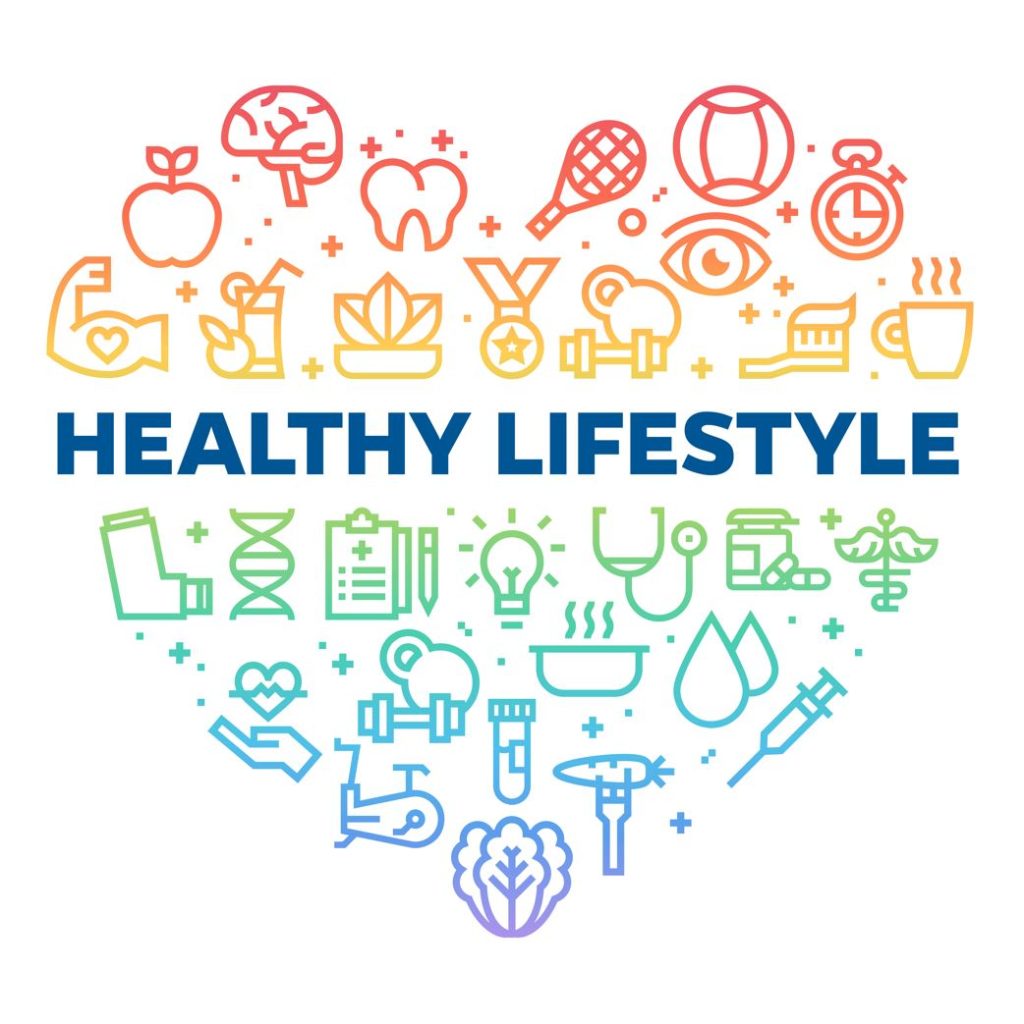Water is essential for our bodies to function properly. It helps with digestion, absorption of nutrients, circulation, body temperature regulation, and many other important bodily functions. Without an adequate intake of water, our bodies can become dehydrated, leading to a host of health issues. But how much water should we really be drinking each day? There are many conflicting opinions on this topic, but the answer may not be as simple as you think.
The common advice that we should drink eight 8-ounce glasses of water per day, also known as the “8×8” rule, is a good place to start. This would amount to about 2 liters, or half a gallon, per day. However, this recommendation is not based on scientific evidence, and individual water needs can vary based on factors such as age, sex, weight, activity level, and climate.
The Institute of Medicine (IOM) recommends that men drink about 3.7 liters (13 cups) of water per day, while women should drink about 2.7 liters (9 cups) per day. However, this includes all fluids consumed from both beverages and foods. About 20% of our daily water intake comes from food, so the remainder needs to come from beverages.
It’s important to note that these recommendations are just general guidelines and may not be suitable for everyone. Athletes, pregnant or breastfeeding women, and people in hot climates may need more water to stay properly hydrated. On the other hand, some medical conditions such as kidney disease may require a lower intake of fluids.
One way to determine if you are drinking enough water is to pay attention to your body’s signals. Thirst is a good indicator that you need more water, but it’s not the only one. Other signs of dehydration include dark yellow urine, dry mouth, fatigue, headache, and dizziness. If you experience any of these symptoms, it’s a good idea to drink more water.
Another way to assess your hydration status is to monitor your urine output and color. Your urine should be light yellow or clear in color. If it is dark yellow or amber, you may be dehydrated.
It’s also important to spread out your water intake throughout the day rather than drinking it all at once. Sipping on water consistently can help your body absorb it more efficiently and prevent you from feeling bloated.
In addition to plain water, other beverages such as tea, coffee, and milk can also contribute to your daily fluid intake. However, it’s best to limit sugary drinks and alcohol, as they can be dehydrating. Caffeinated beverages can also have a diuretic effect, so it’s important to balance them with water.
Some people may find it challenging to drink enough water throughout the day. In this case, there are a few tips that can help you stay hydrated:
– Carry a reusable water bottle with you wherever you go. This can serve as a reminder to drink water regularly.
– Set a goal to drink a certain amount of water by certain times of the day. For example, aim to drink a glass of water with each meal and snack.
– Flavor your water with fruits, herbs, or cucumber slices to make it more interesting and enjoyable.
– Eat water-rich foods such as fruits and vegetables, which can help contribute to your daily water intake.
Ultimately, the amount of water you need to drink each day will depend on your individual needs and circumstances. It’s important to listen to your body and adjust your water intake accordingly. By staying properly hydrated, you can help maintain your overall health and well-being.

